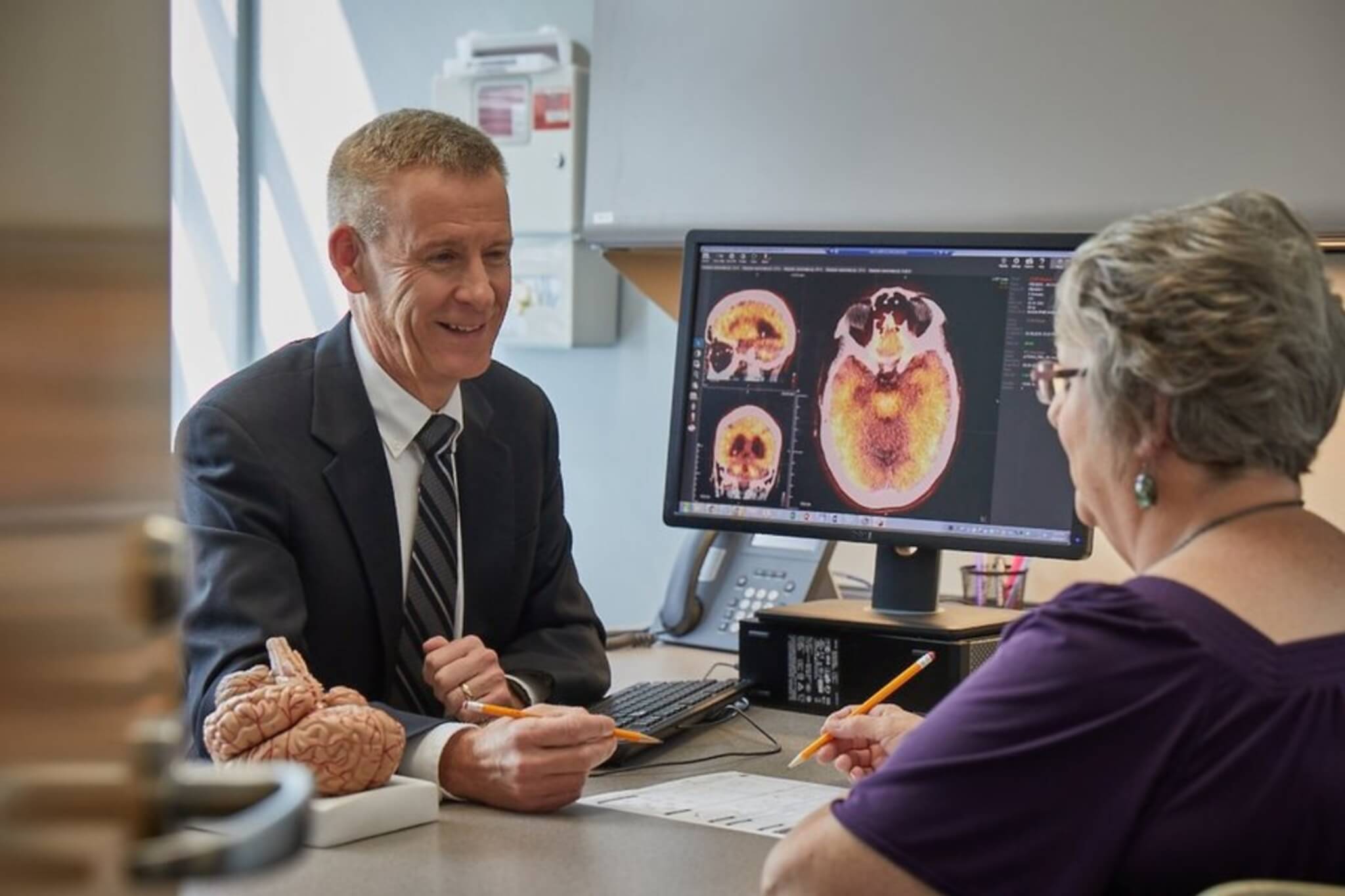AUSTIN, Texas — Several vaccinations may help prevent Alzheimer’s disease in elderly people. Researchers from University of Texas Health Science Center at Houston have discovered that previous vaccinations against common diseases like tetanus, diphtheria, shingles, and pneumonia may reduce the risk of developing Alzheimer’s disease.
Alzheimer’s, a neurodegenerative condition, impacts over six million Americans. With an aging population, this number is set to rise. The significance of this study cannot be overstated, especially as it builds on earlier work. Just a year prior, the same team revealed that those who had received at least one flu shot had a 40-percent lower chance of developing Alzheimer’s.
“We were wondering whether the influenza finding was specific to the flu vaccine. This data revealed that several additional adult vaccines were also associated with a reduction in the risk of Alzheimer’s,” says study senior author Dr. Paul Schulz, who is the Umphrey Family Professor in Neurodegenerative Diseases and director of the Neurocognitive Disorders Center at McGovern Medical School, in a university release.
“We and others hypothesize that the immune system is responsible for causing brain cell dysfunction in Alzheimer’s. The findings suggest to us that vaccination is having a more general effect on the immune system that is reducing the risk for developing Alzheimer’s.”

To understand these relationships, researchers analyzed data from older adults (65 years and above) who did not show signs of dementia. They studied both vaccinated and unvaccinated groups over eight years, focusing on three vaccines: Tdap/Td (for tetanus, diphtheria, and whooping cough), HZ (for shingles), and pneumococcal (for pneumonia and other related infections).
The results were enlightening:
- Tdap/Td vaccine recipients had a 30% lower risk of Alzheimer’s.
- HZ vaccine recipients had a 25% reduced risk.
- Those who took the pneumococcal vaccine had a 27% decreased risk.
To provide perspective, Dr. Schulz compared these findings to the effect of new Alzheimer’s treatments, which slow the disease’s progression by roughly 25 to 35 percent.
The team hypothesizes that vaccines might enhance the immune system’s ability to combat toxic proteins linked to Alzheimer’s or reduce damage to healthy brain cells. Study co-author Avram Bukhbinder noted that vaccines, while protecting against specific infections, might also reduce brain inflammation, which can be a precursor to Alzheimer’s.
“Vaccines may change how the immune system responds to the build-up of toxic proteins that contribute to Alzheimer’s disease, such as by enhancing the efficiency of immune cells at clearing the toxic proteins or by ‘honing’ the immune response to these proteins so that ‘collateral damage’ to nearby healthy brain cells is decreased,” notes Bukbinder. “Of course, these vaccines protect against infections like shingles, which can contribute to neuroinflammation.”
The Tdap vaccine guards against tetanus, diphtheria, and whooping cough. Adults should get a booster every 10 years. HZ vaccine prevents shingles, a painful rash caused by the chickenpox virus. Recommended for adults over 50 and those with weakened immune systems. The pneumococcus vaccine combats infections like pneumonia and meningitis, mainly recommended for young children and seniors over 65.
“This research highlights how important it is for patients to have ready access to routine adult vaccinations,” says study co-author Kristofer Harrisk, program manager in the Department of Neurology with McGovern Medical School.
“Over the last couple of years, the field of Alzheimer’s disease has vastly expanded, especially with the recent approval of anti-amyloid antibody medications by the FDA. However, those medications require costly infrastructure in order to be administered safely. Conversely, adult vaccinations are widely available and are already routinely administered as part of a vaccination schedule. Our findings are a win for both Alzheimer’s disease prevention research and for public health in general, as this is one more study demonstrating the value of vaccination.”
The study was published in the Journal of Alzheimer’s Disease.
You might also be interested in:
- Fitness tracker for the brain: Headband identifies signs of Alzheimer’s while you sleep
- Vaccines in an inhaler actually outperform nasal sprays, study reveals
- Thanks to COVID-19, oral vaccines could be on the horizon


Many person that have this disease need not vaccinated but feed on pure Organic Foods such as fruits and vegetables whole grain eggs milk. wild caught fish that help the brain
Many person that have this disease need not vaccinated but feed on pure Organic Foods such as fruits and vegetables whole grains,eggs ,milk. wild caught fish that help the brain